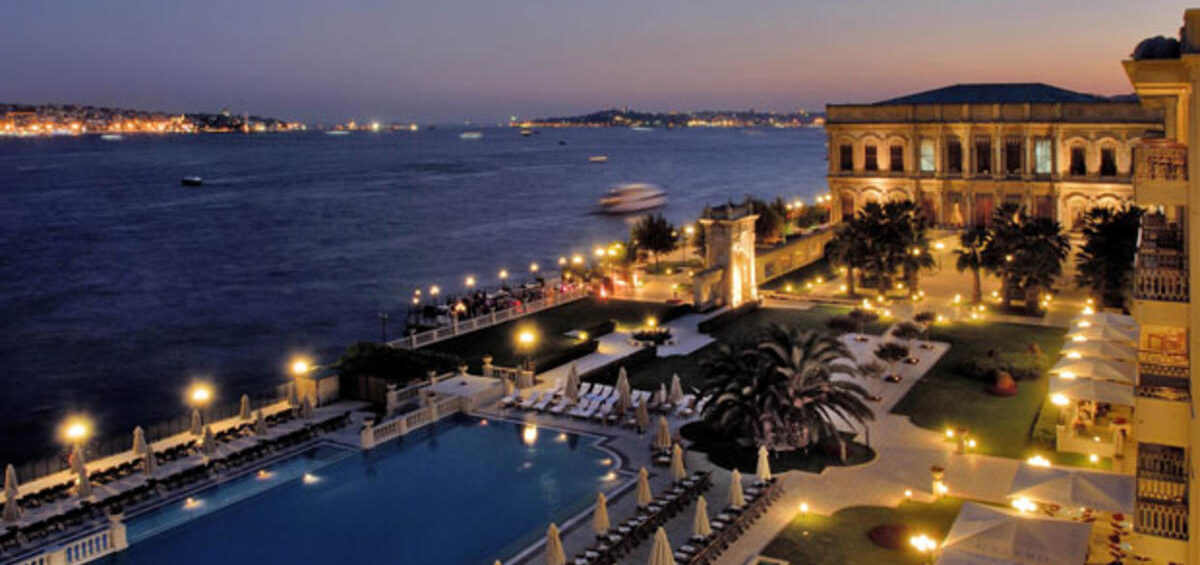
Luxury is not essential; it is a lifestyle!
Why would you buy a Rolls-Royce?
If your primary concern is to reach a destination with a four-wheeled vehicle, you do not need a Rolls-Royce; Renault Clio would also work for you, right? Yet it might not meet your luxurious needs in the same way as a Rolls-Royce would do.
Luxury is not essential; it is a lifestyle.
It is not just about purchasing an expensive product or differentiating yourself from the rest by having that ‘privileged’ item. People, who let luxurious products determine their lifestyles are also responsible for what that certain way of living brings within itself. How do they make good for our society, nature and future? What do they give back to future generations? Saying “It is not my problem,” creates such an oxymoron as it would be ‘your’ problem eventually. We all live in the same world and what we do would come back to us. We have a responsibility to everyone, so as to ourselves.
Soul, Destination and Story combination.
We have been talking about sustainability for a long time. I believe sustainability is also important in keeping your brand in the present. I regard a hotel with heritage and story as sustainable; like Savoy in London, Ritz in Paris, Mandarin Oriental Bangkok, Raffles in Singapore, Plaza in New York and Ciragan Palace Kempinski in Istanbul. If they could afford it, anyone would prefer staying in Ritz Paris or Hôtel Plaza Athénée, which has a unique soul and a captivating history: a destination by itself…
Take the Dust Away
In my 50 years of experience in the hospitality industry, I experienced a variety of crises in different continents; from Africa to Asia. The most important thing that I have learned throughout these years is the one must follow the rules and regulations. Yet this should not mean avoiding changes and keeping pace with the current shifts. I always see it as an opportunity to be able to adapt and renovate; this is when a company can initially make a difference and leaves its competitors behind. This goes by analyzing your environment and yourself; to challenge and question everything around you. Then implementing the necessary changes. The same is valid in the hospitality industry.
Adapting the workforce to the current shifts is quite significant as well. Employees and management can easily handle any crisis by drawing a lesson from history, which can be explained well by experienced personnel who have witnessed those times. This is key to adapt to the new ‘normal’ and meet the expectations of our customers and future clientele.
I believe Human Resources is playing a vital role during these uncertain times. People that you will recruit should have the same vision as yours and have the capacity to meet the clients’ needs and wants. As I am also Head of the Alumni Association of Glion Hospitality School, I always listen to the needs of younger generations and can underline the importance of tourism school’s education content adaptation in new eras. Hotel schools and corporate universities have also a huge impact on this and; they also create the future.



